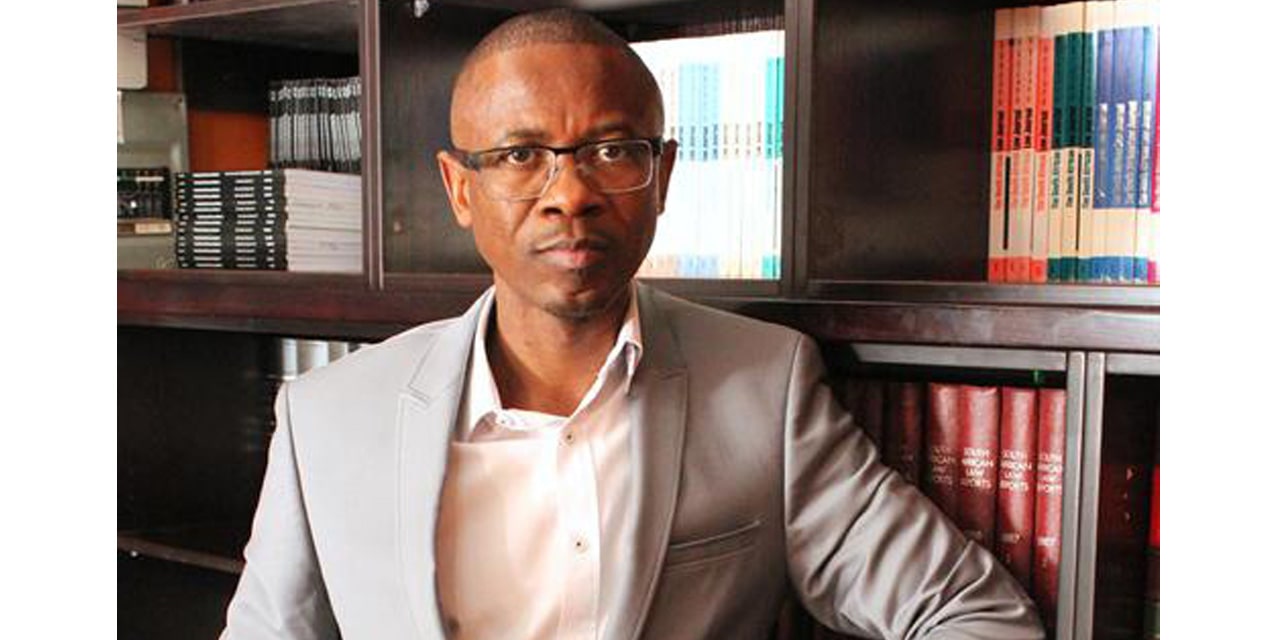Andrew Kathindi
Lawyer Sisa Namandje’s victory at the High Court last month could be short lived after the Law Society of Namibia (LSN) lodged an appeal to the Supreme Court.
This comes after Judge Herman Oosthuizen, last month dismissed with costs the LSN’s application to probe the financial records of Namandje over his alleged involvement in the Fishrot saga.
Uno Katjipuka, who represented the LSN in the court case confirmed the development to Windhoek Observer.
“We filed a notice of appeal to the Supreme Court on 15 September,” she said.
The appeal comes amid calls for conflicted LSN councilors to resign from their posts after they declined to add their support to the application to access Namandje’s books.
“As far as I know the constitution of council has not changed,” Katjipuka said.
Judge Oosthuizen in his delivery of the judgement noted that there was no procedure prescribed in the rules to form a quorum in the scenario where conflicted councilors do not take part or leave a meeting after it was convened and therefore not present and voting. This, he said, resulted in the two councilors who passed the resolution being unable to do so lawfully.
“I am seriously concerned by the modus operandi followed by the LSN as the regulating body of all enrolled legal practitioners in Namibia in this matter. It displays an attitude by the Council of the LSN and its elected councilors, of distancing themselves from possible controversial decisions and procedure. They essentially put the Director in the line of fire where not she, but they, are accountable.”
Several attempts to reach Law Society Director, Retha Steinmann for comment proved fruitless.
LSN councilor, Eliaser Nekwaya, who represented former Fisheries minister Bernard Esau when he was arrested last year in connection to the Fishrot scandal, however argued that he did not see any reason why he should resign.
“We did not act dishonorably. We acted in accordance with the rules. It would have been a problem if we had stayed in the meeting and voted against the application to investigate. The council doesn’t just look at one particular issue, there are other issues also,” he told Windhoek Observer.
“Besides, the term is coming to an end in November. An AGM meeting will be held and new councilors will be selected and the new ones could also be conflicted in the future on a particular matter. Conflict will always be there, are they going to ask every councilor who is conflicted to resign?”
He argued that the problem is not with the councilors, but rather with the rules of the council themselves.
“What should then happen is to amend the rules to make it more convenient for the society so that those that remain, if after others have recused themselves, can take on the decision.”
He further argued that he was never given an invitation for a meeting to deliberate and vote on an application to investigate Namandje.
“Two people sat and took a decision. There is no evidence that others were at a dully constituted meeting, invited and they recused themselves. The only way the court can confirm that there was a dully constituted and people recused themselves, for two people to remain and decided is to produce the meetings. I found out about that application for the first time in the papers.”
According to Judge Oosthuizen, repeated requests for minutes of the initial meeting in which the resolutions were taken were refused, “and was seen and treated as obstructive.”
“A court order is facing the Law Society and now the people who heard about the application later are the ones being called to resign. People must be accountable,” said Nekwaya.
Gilroy Kasper, who also represented Esau in 2019 echoed Nekwaya’s sentiments, calling the call to step down as “nonsense” and “senseless”.
“If any person comes to a meeting and he/she finds themselves conflicted in something, is the correct thing not then to say, I may be conflicted here, let me recuse myself? What have we done wrong?”
He further argued that the call only came from two lawyers, Richard Metcalfe and Lize Angula, who he said in the law community were in the minority.
On whether the matter of the conflicted councilors could further impact the appeal as it heads to the Supreme Court, Kasper said, “When something has started, you’re confined to the record. You’re confined to what you have started the case with. You cannot run away from that.”
Joashua Etuna, one of the lawyers accused of being conflicted refused to comment.




